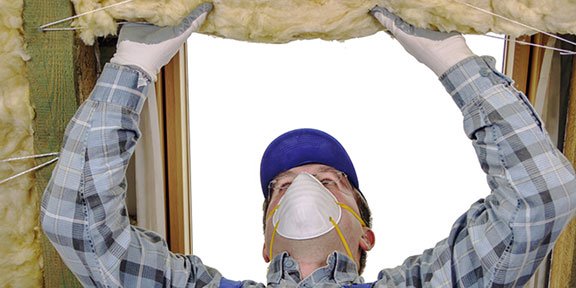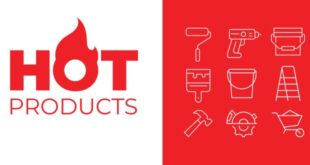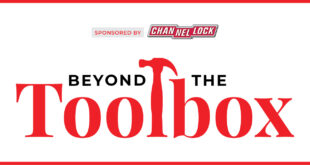Tax season is here, and as homeowners begin filling out their tax forms, they’re likely looking for all of the deductions they can take. The federal government recently extended some of the tax credits on purchases made of ENERGY STAR products that previously expired at the end of 2014, so these now may be eligible for credit on 2015 taxes. There are also several items eligible for credits on 2016 taxes next year, too. You likely carry some of these eligible products in your store, so now’s a good time to review those items so when you’re selling them, you can remind the customer of the tax credits available and factor that into their savings.
Generally, homeowners can take the credit if they purchased an eligible product for a home or principal residence. Many deductions can’t be used for new construction or rental properties, but there are exceptions. Anyone wanting to apply for the tax credit should file IRS tax form 5695. Remind customers to save their receipts and any Manufacturer Certification Statement that may have come with the product. Always encourage customers to consult their tax professional for a final determination on what products are eligible.
Although many of the credits come from major purchases, the average consumer can get credit for basic insulation purchases. The tax credit for insulation is typically 10 percent of the cost of the product, up to $500. If the customer has someone else install the insulation for them, they can’t deduct the cost of installation. Qualifying products include the typical types of bulk insulation products, including batts, rolls, blow-in and rigid boards. Other products that reduce air leaks, such as weather stripping, spray foam in a can, caulk and house wrap may qualify if they have a Manufacturers Certification Statement.
Many major upgrades to a home that increase its efficiency also are eligible for a tax credit. Biomass stoves, central air conditioning units, furnaces, boilers, non-solar water heaters, roofs, windows, doors and skylights all qualify, as long as they are ENERGY STAR certified and meet certain energy standards. The tax credit is generally 10 percent of the cost up to $500, or a specific amount up to $300, depending on the item.
For a complete list of products and specifications, along with a list of frequently asked questions, visit www.energystar.gov.
 Hardware Retailing The Industry's Source for Insights and Information
Hardware Retailing The Industry's Source for Insights and Information








